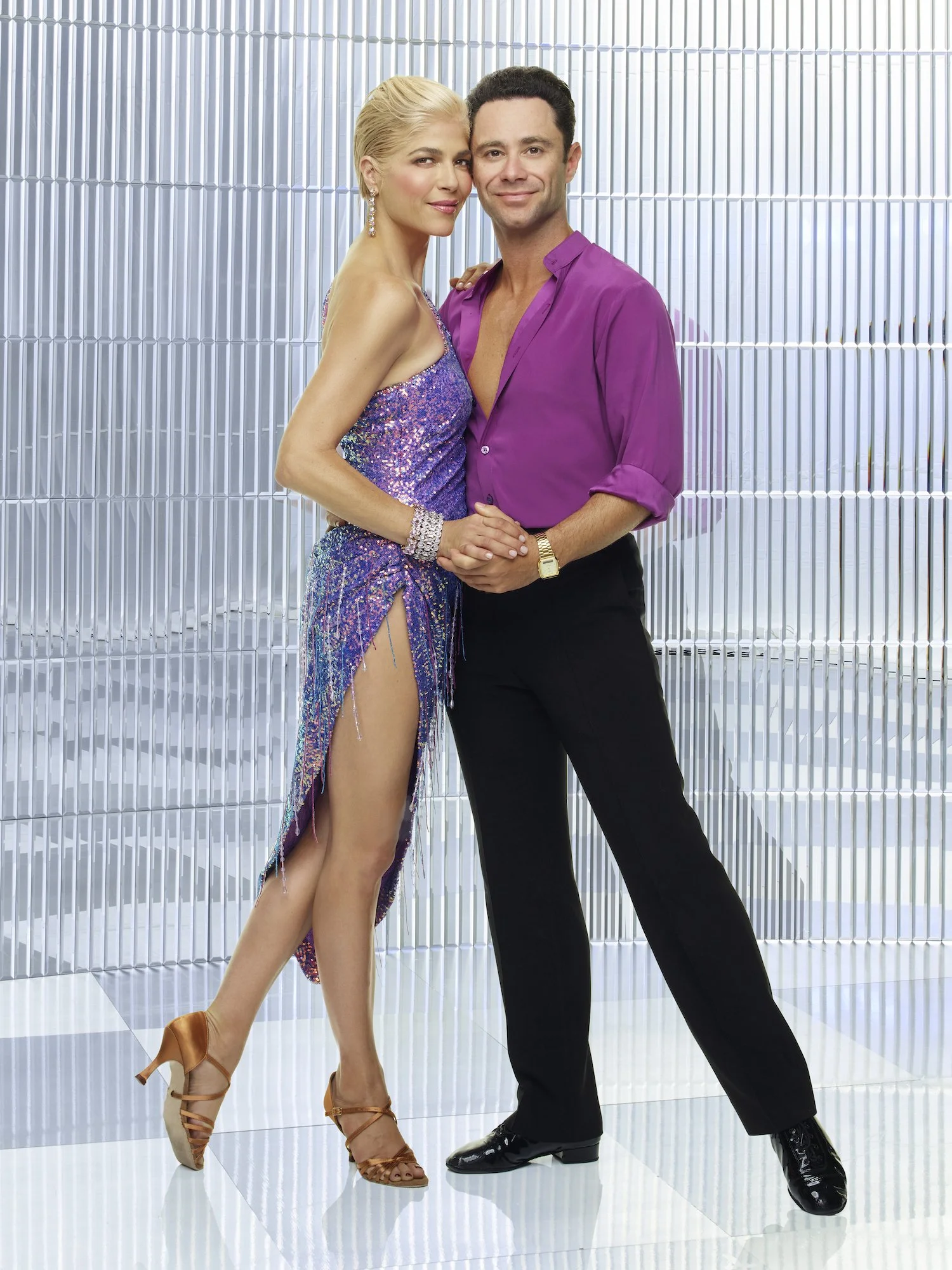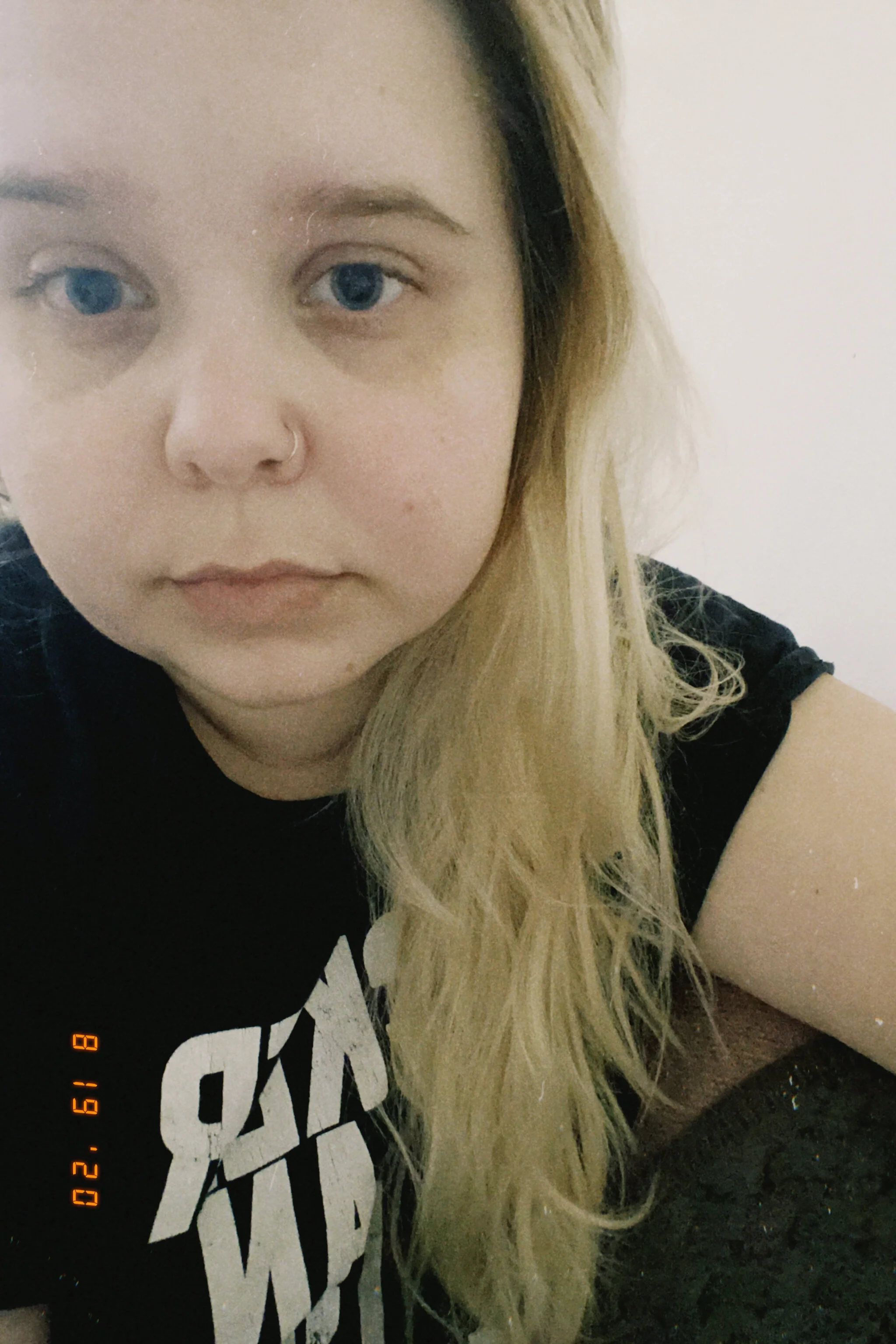A Love Letter to Community Care
For the past several years, “self-care” has been the buzzword of every brand and blogger as the panacea for all that ails us. Burnt out at work? You need to make time for more self-care. Going through a bad break up? Self-care. Struggling with chronic pain or depression that won’t quit? Self-care, obviously.
Don’t get me wrong –– I love the concept of self-care. For too long, hustle culture was so pervasive that the idea of taking a few minutes to yourself to read, or do a face mask, or take up a relaxing hobby like knitting seemed wildly out of the scope of possibilities. Our communal rush to self-care, to me, speaks to a larger, tacit agreement that we’ve all come to: We can’t be on to go all the time. It’s important to rest.
But for many, self-care falls short. The capitalist version of self-care touted by brands and girlboss feminism almost always relies on spending money: on a fancy new face serum, on a luxe vacation, on a pricey massage. For too many people, that’s not an option. But even for those of us indulging in budget-friendly self-care like nature walks and taking a real lunch break, we might find that self-care falls short of meeting our larger needs.
Which is why I want to talk about community care. When you think of community care, you might think of highly organized initiatives like food banks or soup kitchens. But when we put all community care in those more official camps, we miss out on the joy and mutual aid of giving and receiving community care in our own circles. Community care, in its broader iterations, can describe bringing a friend food after they’ve experienced a loss and are less able to feed themselves. It can be watching a friend’s kid while they’re at a job interview. It can be driving someone to chemo, or sending money when a friend’s car unexpectedly breaks down and they don’t have the funds to fix it on their own.
I have always struggled to ask for help. I have always valued my independence above most all else, and asking for help felt like a betrayal of that independence. When the early aughts taught young women that they could HAVE IT ALL, I internalized that to mean that having it all meant doing it all yourself. But if over a decade of chronic illness has taught me anything, it’s that calling in my community not only helps me physically and tangibly –– it can be a joyful experience that closer bonds you to the people you love.
Yesterday, I got the chance to experience community care in action. Because I’m heavily immunosuppressed, my COVID reality has looked far different than that of my healthy peers. I haven’t seen the inside of a grocery store in almost a year. I haven’t given or received a hug. I’m putting off maintenance medical care like trips to my dentist and dermatologist. The extent of my outings have been unavoidable trips to doctors offices and infusions. So when DC opened up vaccination appointments to those of us at risk, I was desperate to snag one of the coveted slots.
But as disabled people and their caregivers are experiencing across the country, getting a vaccine appointment isn’t as simple as making a call or using an online portal. I’ve heard from friends in other states about long, outdoor lines, broken phone systems, and states where the only way to get an appointment is to be highly connected. In DC, I’d compare the process to trying to snag tickets to the most coveted Beyonce concert of the year –– if Ticketmaster were running on much cheaper, less effective servers.
A few friends and family reached out to see how they could help. Could they log on Friday morning and try, while I tried, to get me an appointment? There had to be power in numbers, right?
So I put my “community” on an email thread. People from all parts of my life: My parents, cousins, and sister; My college friends; my DC friends; my disabled friends from other states. I gave them all the information they’d need to register me for an appointment if they were able to make it through the many hoops of a constantly-crashing website, and on Friday morning, we all hopped on a Zoom together so we could troubleshoot in real time.
In the end, 17 of my loved ones gathered on an early morning zoom –– and one of us successfully made it through the DC Health gauntlet. I successfully have an appointment. I have so many thoughts about how disheartening it is that it takes 17 people to secure a single appointment, and how inaccessible the process is to the elderly and those who don’t have a secure internet connection, but for those hot takes, you’ll have to head to my Twitter feed.
I’m here now instead to say this: The experience of so many of my loved ones, many of whom didn’t know each other yet, coming together in the name of getting me, their high-risk loved one, an appointment? It was one of the most joyful experiences of my life. From Haley and Sarah in California, to Jenny and Mat in mountain time, to my family and friends in Chicago and DC, we literally spanned every time zone. They took time out (very early in the morning, and several from their work day), and we commiserated about glitchy captchas and which browsers worked fastest. And when we finally secured my appointment, we celebrated.
It was exhilarating to see community care in action –– and an overwhelming feeling of love to be on the receiving end of that care. It was also a big step for me, a person who hates asking for help, to admit that I needed it, and to be met with such enthusiastic support.
In an ideal world, none of us would need our communities to show up in this way to get a vaccine appointment. But that’s the point of community care –– to be there for each other when these larger systems fail us. To not let anyone fall through the cracks. And to show our love for each other through action.
Community care is a radical, beautiful act of taking back power for ourselves and the people we love.





